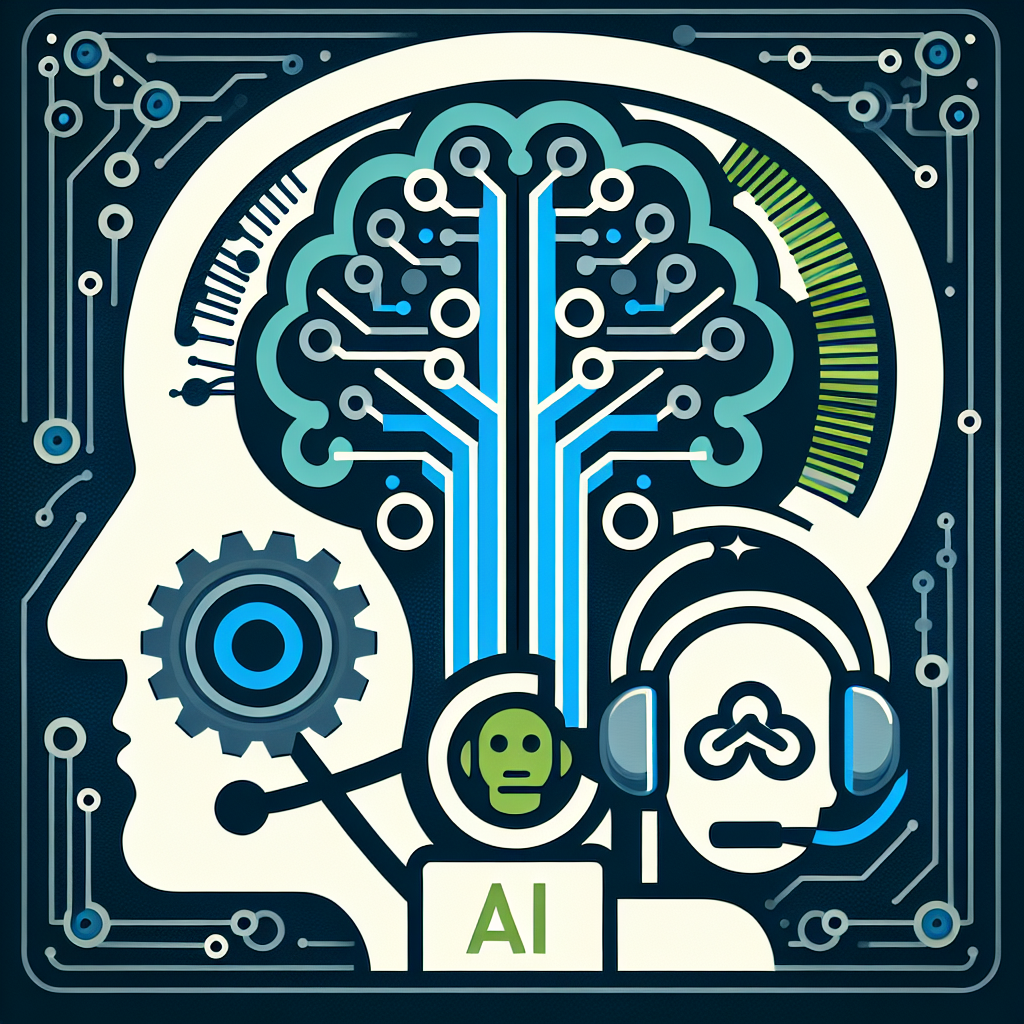In recent years, there has been a significant shift in the way customer service and help desk support are being handled. With advancements in artificial intelligence (AI) and automation technology, companies are now able to provide more efficient and personalized customer service to their clients. This has not only improved the overall customer experience but has also helped businesses save time and resources.
One of the key ways in which AI automation has impacted customer service and help desk support is through the use of chatbots. Chatbots are AI-powered software programs that can interact with customers in real-time, providing them with answers to their questions and assisting them with their concerns. These chatbots are available 24/7, allowing customers to get help whenever they need it, without having to wait for a human agent to be available.
Chatbots are also able to handle a large volume of inquiries simultaneously, which means that customers do not have to wait in long queues to get assistance. This has significantly reduced wait times for customers, leading to higher levels of satisfaction and a better overall customer experience.
Another way in which AI automation has impacted customer service and help desk support is through the use of predictive analytics. By analyzing customer data and behavior patterns, AI algorithms can predict when a customer is likely to have an issue or need assistance. This allows companies to proactively reach out to customers and offer help before they even realize they need it. This proactive approach not only improves customer satisfaction but also helps companies address issues before they escalate into larger problems.
AI automation has also improved the efficiency of customer service and help desk support by automating repetitive tasks. For example, AI-powered systems can automatically categorize and prioritize customer inquiries, route them to the appropriate department or agent, and even generate responses to common questions. This frees up human agents to focus on more complex issues and provide personalized assistance to customers when needed.
Overall, the impact of AI automation on customer service and help desk support has been overwhelmingly positive. Customers are now able to get help faster and more efficiently, leading to higher levels of satisfaction and loyalty. Businesses, on the other hand, have been able to save time and resources by automating repetitive tasks and improving the overall efficiency of their customer service operations.
FAQs:
1. How accurate are chatbots in providing assistance to customers?
Chatbots have become increasingly accurate in providing assistance to customers, thanks to advancements in AI technology. While they may not be able to handle every inquiry or issue, chatbots are able to effectively answer common questions and provide basic support to customers.
2. Can AI automation completely replace human agents in customer service and help desk support?
While AI automation has significantly improved the efficiency of customer service and help desk support, it is unlikely to completely replace human agents. Human agents are still needed to handle more complex issues, provide personalized assistance, and empathize with customers in certain situations.
3. How can businesses ensure that AI automation is implemented effectively in customer service?
Businesses can ensure that AI automation is implemented effectively in customer service by regularly monitoring and analyzing customer interactions, gathering feedback from customers and agents, and continuously improving and updating their AI systems based on this feedback.
4. Will AI automation continue to evolve in customer service and help desk support?
Yes, AI automation is expected to continue to evolve in customer service and help desk support. As AI technology advances, we can expect to see even more sophisticated chatbots, predictive analytics, and automation tools that will further improve the customer experience and efficiency of customer service operations.

